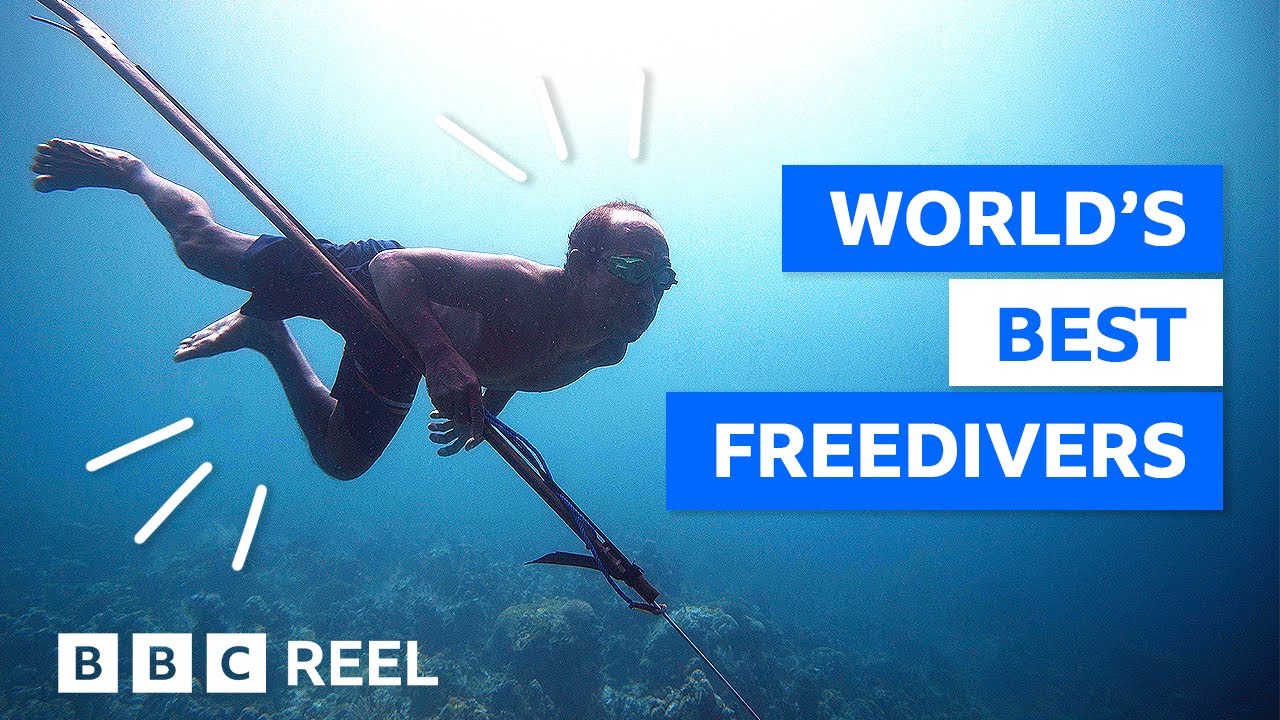A group in Southeast Asia called the Bajau has a unique genetic mutation that allows them to thrive underwater, earning them the name “sea nomads.”
The Bajau have lived at sea for almost a thousand years, hunting fish with spears and gathering crabs for sustenance. Their diving skills are renowned.
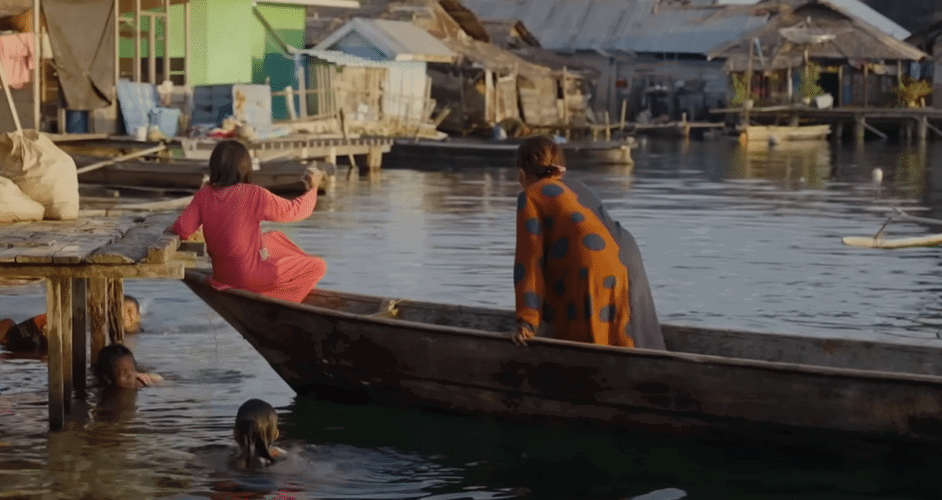
Generations at sea have given the Bajau larger spleens than other groups. A larger spleen is advantageous for diving, as it stores oxygen-rich red blood cells and functions like a biological dive tank.
Melissa Ilardo from the University of Copenhagen notes that Bajau divers spend about 60% of their time underwater. This unique lifestyle has led to physical adaptations, particularly in spleen size.
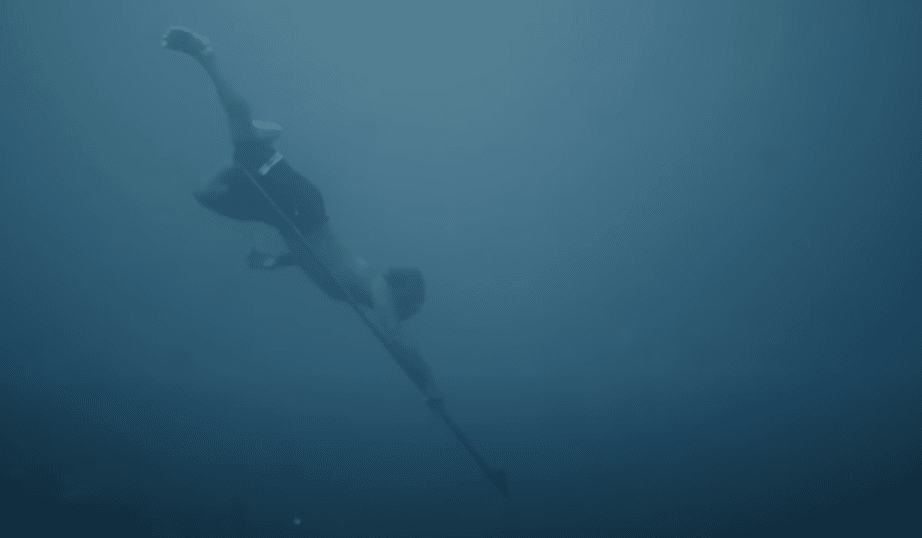
Ilardo’s research indicates that their spleens are about 50% larger than those of neighboring communities, due to a gene called PDE10A. This gene influences thyroid hormone regulation in mice and affects spleen size in humans. The Bajau benefit from this adaptation as they dive over 70 meters deep with traditional wooden masks and weighted belts.
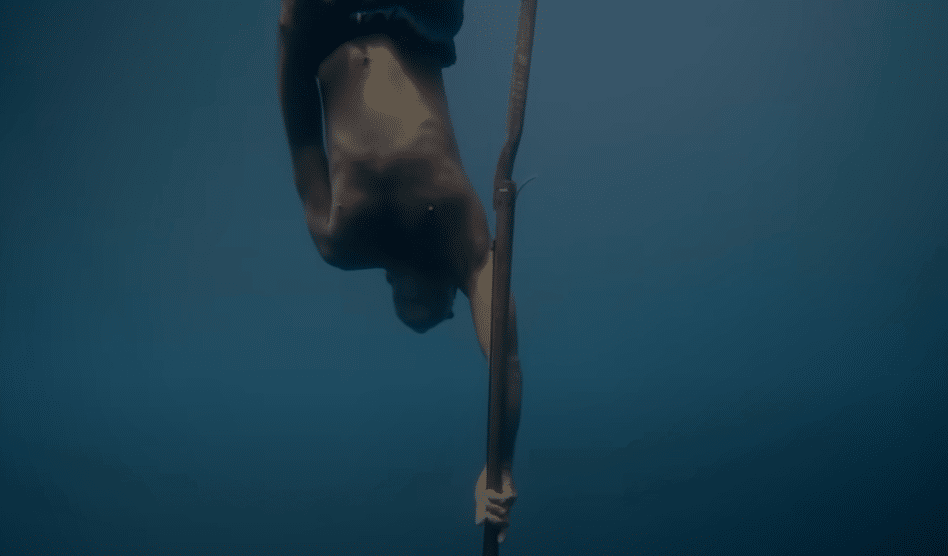
Many Bajau remain dedicated to their ancient lifestyle, using traditional spearfishing methods passed down through generations. Santarawi, an elder diver for 85 years, can still hold his breath underwater for nearly 10 minutes, showcasing the Bajau’s resilience.
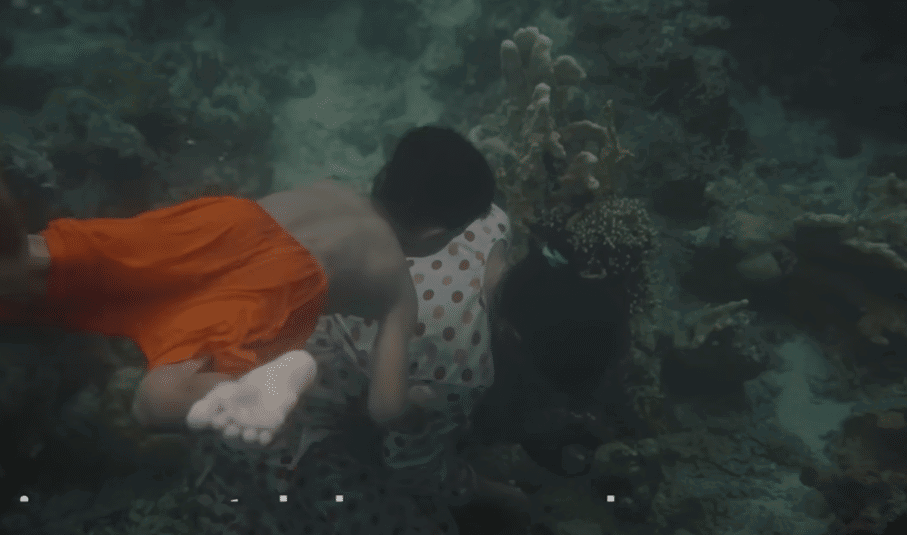
The Bajau’s genetic adaptation, allowing extended underwater stays, underscores human adaptability. However, modern challenges threaten their way of life. Ongoing research may aid efforts to preserve their culture and marine environment.

